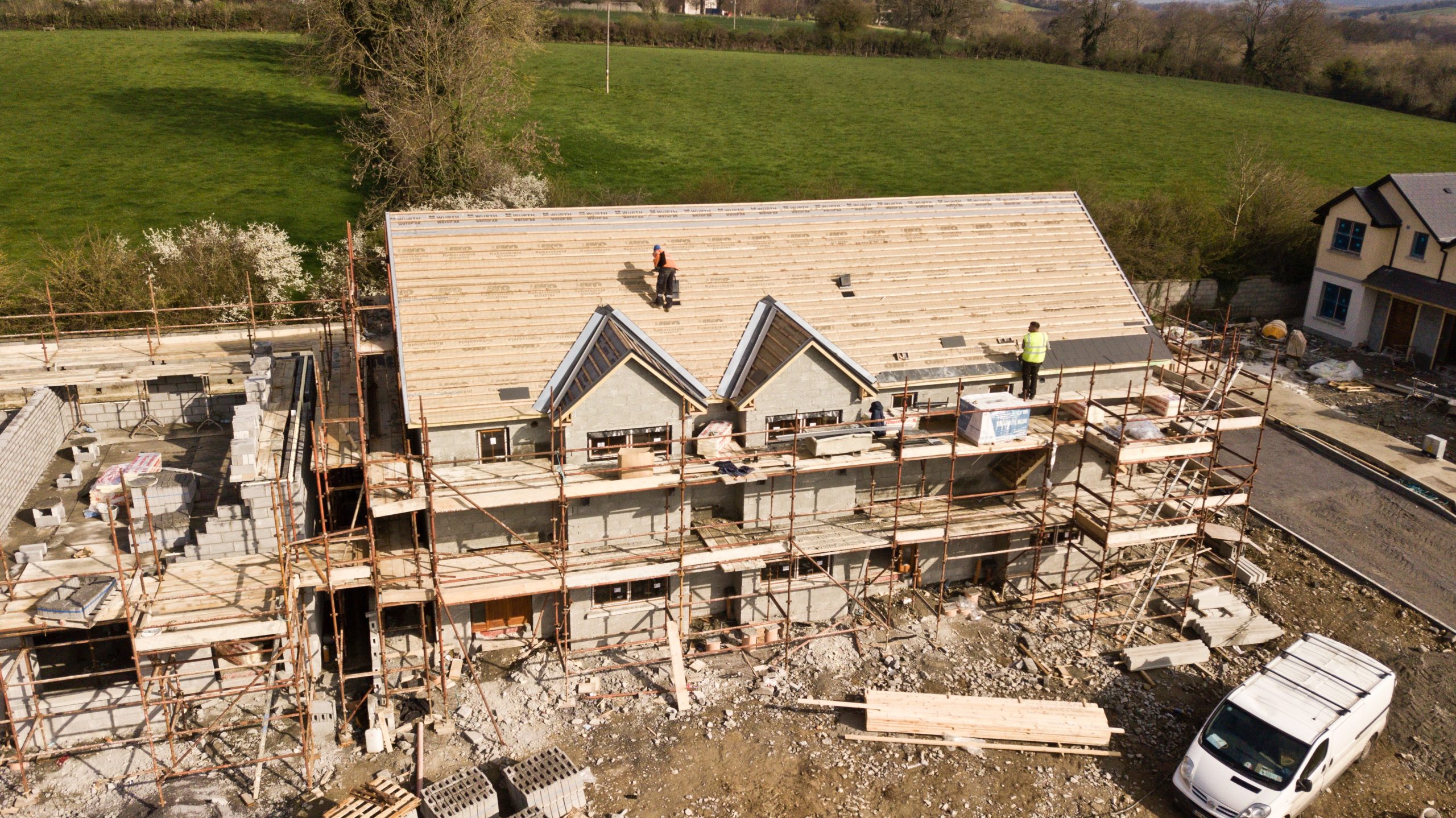

The following is adapted from Karalynn Cromeens’ book Quit Getting Stiffed.
Liens can be a tricky topic on the best of days and are only complicated by the different rules created for filing them in each state, and on different project types. For example, Texas protects homesteads at all costs. There is, therefore, a very extensive process to follow to have a lien on a homestead. If you are looking to file a lien on your project in the state of Texas, ensure you know what type of project you are working on. If it is a homestead, guarantee you know what steps to follow or risk losing out on the pay you are owed for your work. In this blog, we’ll take a look at filing a valid lien on a homestead in Texas
What is a homestead under the law? When an individual or couple owns the property where they reside a majority of the time, that property is a homestead. An individual or a couple can only have one homestead at a time. A homestead cannot be owned by a company.
The definition of the property is determined at the time construction begins. If the owner had a different homestead at the time the construction of residence began, then it is not considered a homestead, even if the intention is to use the residence as their homestead once construction is complete. The intent to make a house your homestead does not make that house your homestead if you already have a homestead.
The first step to have a perfected lien on a homestead is having the owner sign a contract for the work you will be doing. The contract must state what you are doing and the amount you agreed to for the work. It must be signed by the owner before the work begins. If the property is owned by a married couple, both of them must sign the contract. Before you can file a lien, this contract must be filed in the real property records in the county where the property is located.
Collecting what is yours is crucial to the livelihood of your business. We have a team ready to take your call to protect what is yours, collect what is yours, and educate yourself on the front-end!
What happens when you are a contractor to the contractor hired by the owner on a homestead project? If the contractor properly got the contract signed by all owners before the construction began, all contractors will receive the benefit of that contract. In other words, if the contractor that was hired by the owners has lien rights, so will you; if not, then you will not have lien rights either.
A residential construction project does not require a signed contract to file a lien, but it does have the same shortened timelines as a homestead project. What is a residential construction project? It is a single-family house, duplex, triplex, quadruplex, or a unit in a multitenant structure used for residential purposes, owned by one or more individuals.
The key is that the property is owned by an individual. If a property is owned by an entity, it cannot be residential or a homestead. Instead, it would be considered a commercial project. A spec house or a townhouse that is owed by a company is not a homestead or a residential project but will be classified as a commercial project.
Texas is a Homestead State, so before you start filing your lien, make sure you know what type of project you’re working on. It is imperative that you follow the specific steps put forth in Texas legislation if you want your lien on a Homestead project to be valid. Still confused? Our experienced construction law team knows all you need to know about mechanic’s liens and is here to help. Call The Cromeens Law Firm at 713.715.7334. With offices in Houston, Austin, and San Antonio, we are your Texas construction lawyer.
For more advice on a Texas contractor’s collection and lien rights, you can find Quit Getting Stiffed on Amazon. You can also find materials referenced in Quit Getting Stiffed, this blog, and correlating information on collection and lien rights for all 50 states in the U.S. at www.subcontractorinstitute.com.
Author of Quit Getting Screwed, Understanding and Negotiating the Subcontract, and creator of The Subcontractor Institute, has been a licensed attorney for over seventeen years. She has spent her entire legal career in construction law, advising countless clients on how to avoid litigation. Karalynn is on a mission to educate and inform subcontractors about the importance of understanding their lien and collections rights, sparking change and leveling the playing field in the construction industry.
Karalynn Cromeens is the Owner and Managing Partner of The Cromeens Law Firm, PLLC, with over 17 years of experience in construction, real estate, and business law. A published author and passionate advocate for contractors, she has dedicated her career to protecting the businesses her clients have built. Karalynn is on a mission to educate subcontractors on their legal rights, which inspired her books Quit Getting Screwed and Quit Getting Stiffed, as well as her podcast and The Subcontractor Institute.

